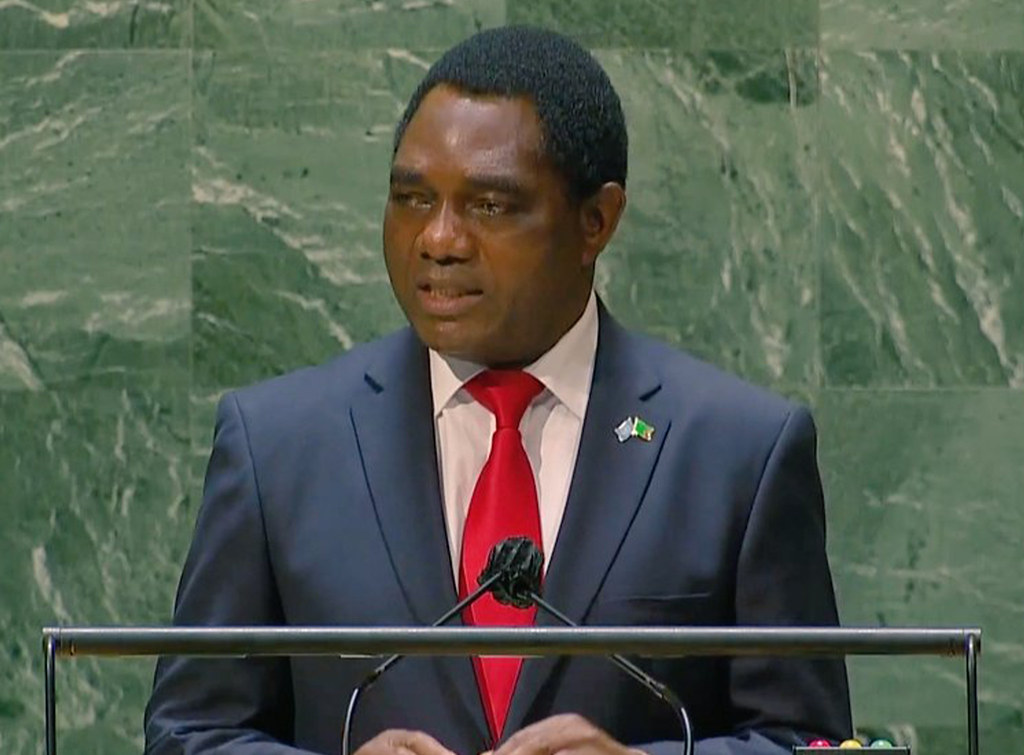Zambia’s recent agreement to restructure $3 billion in Eurobonds has been hailed as a breakthrough, but a closer examination reveals its potential pitfalls and long-term implications, particularly for the Zambian people. While President Hakainde Hichilema celebrates this decision, there are significant reasons to critically evaluate it, highlighting the fallacy of a leader celebrating being in debt and the adverse impact it will have on future generations.
Firstly, while the restructuring may provide temporary relief by alleviating immediate debt repayment pressures, it does not address the underlying issues contributing to Zambia’s debt crisis. The country’s debt burden has accumulated due to years of fiscal mismanagement, corruption, and lack of transparency in borrowing practices. Without fundamental reforms to address these systemic issues, Zambia risks repeating the cycle of debt accumulation in the future, burdening future generations with even greater liabilities.
Moreover, the terms of the Eurobond restructuring may not necessarily be favourable for Zambia in the long run. While it may provide short-term breathing space, the restructuring often involves extending the maturity of the debt and renegotiating interest rates, which can result in higher overall debt servicing costs over time. This can further strain the country’s fiscal resources and limit its ability to invest in essential public services and infrastructure development, stifling long-term economic growth and development.
Celebrating the restructuring as a historic achievement overlooks the fact that it merely addresses symptoms rather than root causes. President Hichilema’s jubilation may be premature, as it fails to acknowledge the sacrifices and challenges that lie ahead for Zambia in achieving sustainable debt management and economic stability.
Furthermore, the celebration of being in debt reflects a concerning mindset that normalises and glorifies indebtedness. Instead of celebrating debt restructuring, leaders should prioritise prudent fiscal management, transparency, and accountability to ensure that public resources are used effectively and responsibly for the benefit of all citizens.
While Zambia’s Eurobond restructuring may provide temporary relief, it does not address the underlying structural issues contributing to the country’s debt crisis. President Hichilema’s celebration of this decision overlooks the long-term consequences and sacrifices required to achieve sustainable debt management and economic prosperity. It is imperative for Zambian leaders to prioritise fiscal discipline and responsible governance to safeguard the interests of current and future generations.

